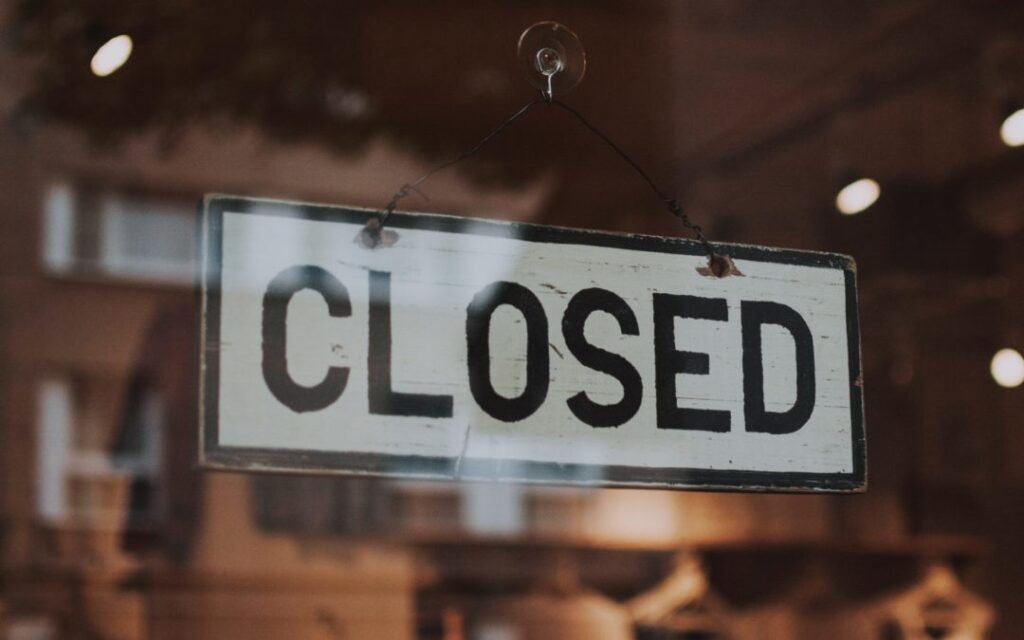As a full-service brokerage firm that represents retail landlords and tenants alike, we remain in touch with our clients on a daily basis. A hot topic is rent relief. Many tenants have been forced to close by state mandate, and many of those that may remain open (restaurants that can only provide drive-thru or take out services, for instance) are seeing a big reduction in sales. And if these tenants haven’t asked their landlords for rent relief yet, they likely will soon.
So, how are landlords reacting? From our conversations with clients, landlords are taking varied approaches. Here are a few examples of what we have found so far.
Landlord #1: Local individual, family or small company with 1-5 shopping centers
Landlord #1 is alarmed and disturbed that retail tenants who have been closed for less than a week have already asked for rent relief. LL1 has mortgages on his centers as well as other expenses (taxes, maintenance contracts, etc.), just like his tenants. In his opinion, a well-run business should have reserves, and tenants should not come to the landlord without first exploring other options. And if the tenant is already worried about making the next rent payment, the business isn’t healthy and likely will not be around long-term.
Options for tenants may include government help via the anticipated stimulus package, low-interest SBA loans, and personal equity loans. In LL1’s opinion, a landlord handout is not something that should be thought of at this point in the pandemic process.
Landlord #2: Regional company with several retail and office assets
Landlord #2 took a proactive approach to the issue, sending out a letter to many tenants shortly after the state-mandated shutdown. LL2 is financially strong, with little debt. The letter states that tenants may defer their rent and operating expenses for three months beginning April 1, with full rent and operating expenses resuming on July 1.
About nine months after the state mandated store closure is lifted, tenants will have to start paying back the deferred rent. They have a full year – with no interest – to repay the landlord.
Landlord #3: National landlord/developer with grocery-anchored shopping centers
Landlord #3 has scores of grocery-anchored shopping centers up and down the east coast, many of which were self-developed. Fortunately for them, a large portion of their rental income comes from supermarkets, which at this point in the pandemic are thriving. And like LL2, LL3 has been inundated with calls from tenants and quickly decided to take a proactive approach.
LL3 has informed all of its local tenants that they can stop paying rent as of May 1, and depending on how long store closures and stay-at-home orders are in place (and assuming the tenants can show a hardship), the free rent period may be extended. In return, tenants must agree to extend their leases for an amount equal to the number of months of rent relief.
LL3 is handling national tenants on a case-by-case basis, but expects to make them the same offer in most cases.
Landlord #4: National REIT with shopping centers across the country
LL4 is one of the country’s largest shopping center owners, but so far has decided to handle tenant requests on a case-by-case basis. Like most REITs, their stock price is getting hit hard. We are interested to see if they develop a standard rent relief plan as store closures continue, and calls from tenants increase. National and local tenants alike are citing force majeure, which will be a hot topic throughout this pandemic, and probably for several years after.
We wish all of our clients the best. Together we will get through this pandemic one difficult conversation at a time. If there is something we can do to lend a hand – discussing leasing strategies, forecasting property values, etc. – don’t hesitate to call. Talking with clients is certainly more enjoyable at any time, but even more so in this suddenly remote world. Let’s keep in touch.
